True Wisdom
I once heard an Australian preacher share an amusing statistic: a survey had shown that 80 per cent of Australian men think they’re better than average at sports. The mathematicians in the audience laughed first, and then everyone else joined in. But I don’t think it’s just Australians. Men instinctively want to say “yes” when asked the question, “Are you better than average at sports?”
Something similar might happen if Christians were asked the following question, based on James 3:13: “Compared with everyone else in your church, do you have better than average wisdom and understanding?” My guess is that 80 percent of us would say “yes,” because we like to assume we’re the wise and understanding ones. But 80 percent of us can’t be right!
That question is just a thought experiment. We’re not in a wisdom contest with one another at church, and comparing ourselves with other believers usually isn’t a sensible thing to do. But the above-average-wisdom question can be valuable if it makes us consider whether we’re really as wise and understanding as we like to think.
The second half of James 3:13 helps us figure out how wise we are in God’s sight. Here’s the whole verse: “Who is wise and understanding among you? Let him show it by his good life, by deeds done in the humility that comes from wisdom.” James refuses to separate theory from practice. A wise believer is identified, James says, by a “good life” and “deeds done in … humility.” Or as the old British proverb has it, “the proof of the pudding is in the eating.”
James goes on to set out a checklist for the life of a truly wise person: “Wisdom from above is first pure, then peace-loving, gentle, reasonable, full of mercy and good fruits, impartial, and free of hypocrisy” (3:17). If we don’t see ourselves fully reflected in that checklist, we shouldn’t think of ourselves as wise.
Thankfully, that checklist perfectly describes our Savior, and “he has become for us wisdom from God—that is, our righteousness, holiness and redemption” (1 Corinthians 1:30).
Bernard Howard


